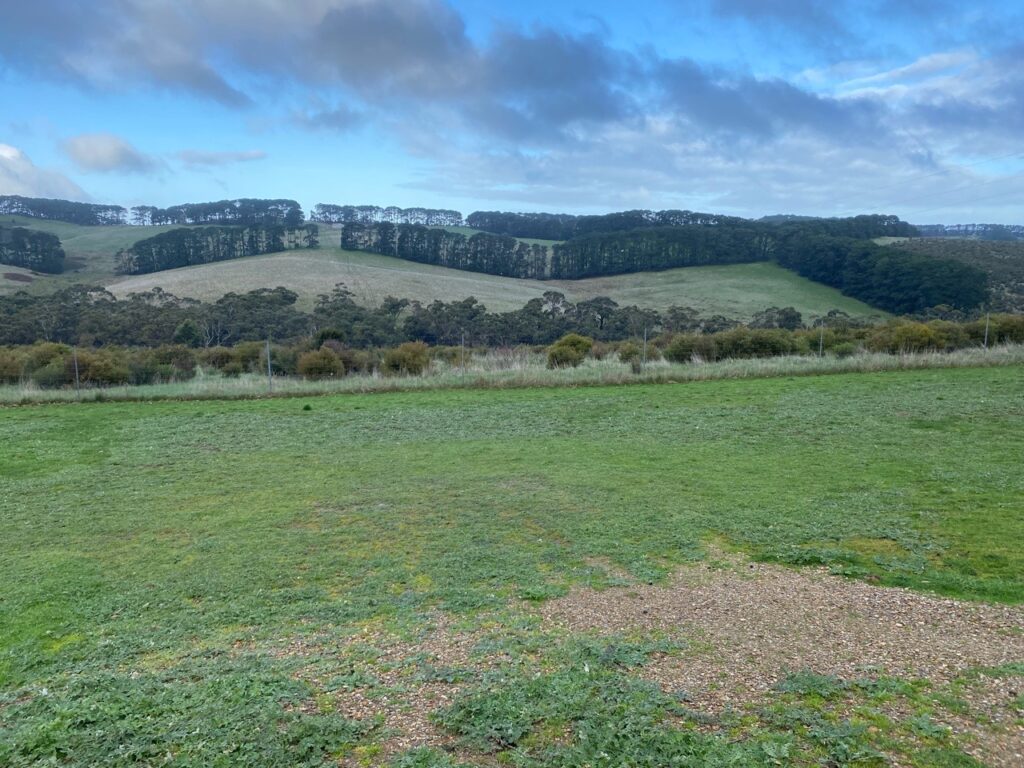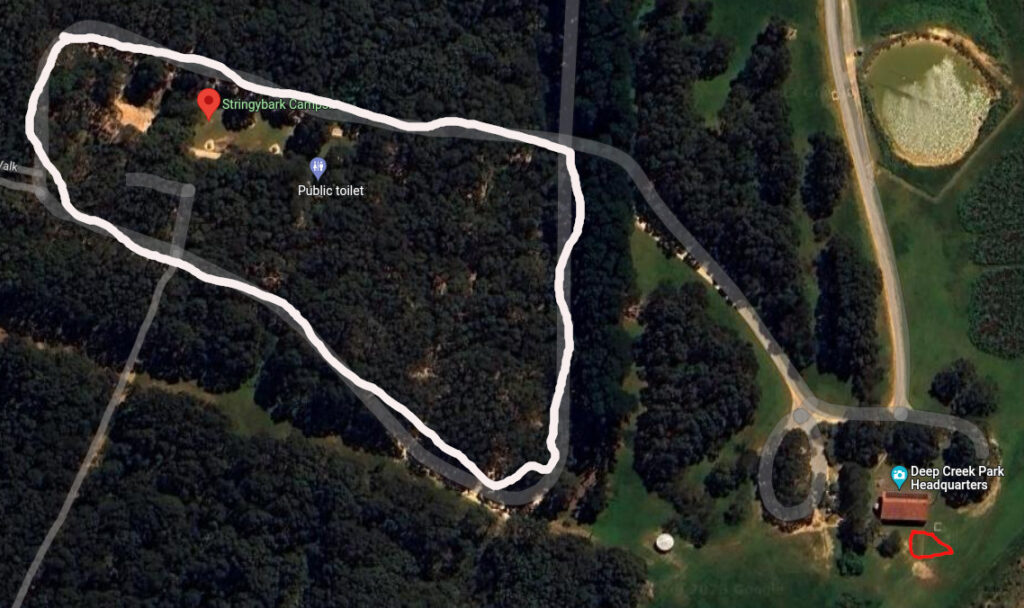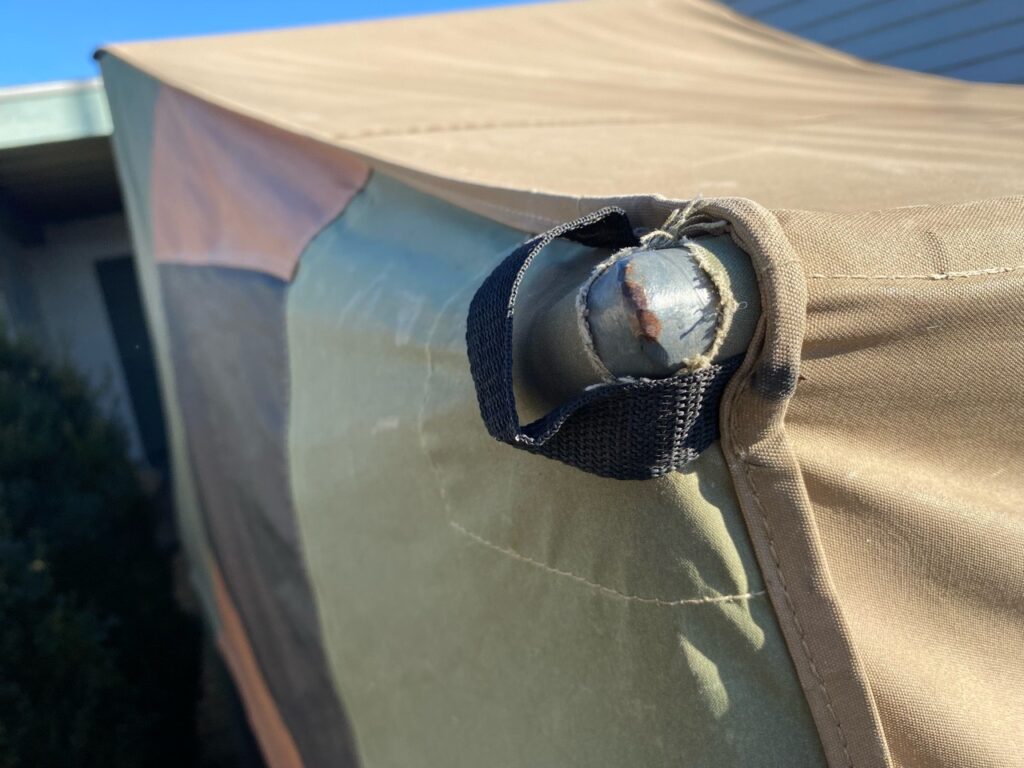What is it ?
The Campground Host programme we are involved with is run by Parks South Australia. Here’s a link to the South Australian programme. All states have similar programmes.
Even though we live in Victoria we are involved with the South Australian programme as this is the first programme that Jenny stumbled across. We have found that the programmes in other states with the exception of the Northern Territory are much more difficult to sign up for. Signing up for the SA programme is easy and a read of the info in the link above will set you right.
In short, you’ll need a National Police Check, a SA working With Children’s Check and a First Aid Certificate. There is also some online training to be done. To do a placement you’ll need a means of getting there and back and somewhere to stay. We use our trusty Land Rover and our equally trusty camper trailer.
Why do it ?
We enjoy staying in National Parks and the Campground Host programme gives us a chance to be more involved with the parks that we stay in. We get to interact with the park rangers and the park users. We also get to meet people and we are able to help people enjoy our National Parks.
There are a whole lot of benefits to being part of the programme. We have a campsite for any number of days, we usually have facilities quite close by and we are made to feel as though we are part of a larger team running and maintaining the park.
We get all that, and more, for doing a trivial amount of work – picking up rubbish, cleaning toilets, checking in on campers to make sure they in the correct site, etc. The work takes a couple of hours each day but that’s all.
We also get to enjoy the park and the people.



